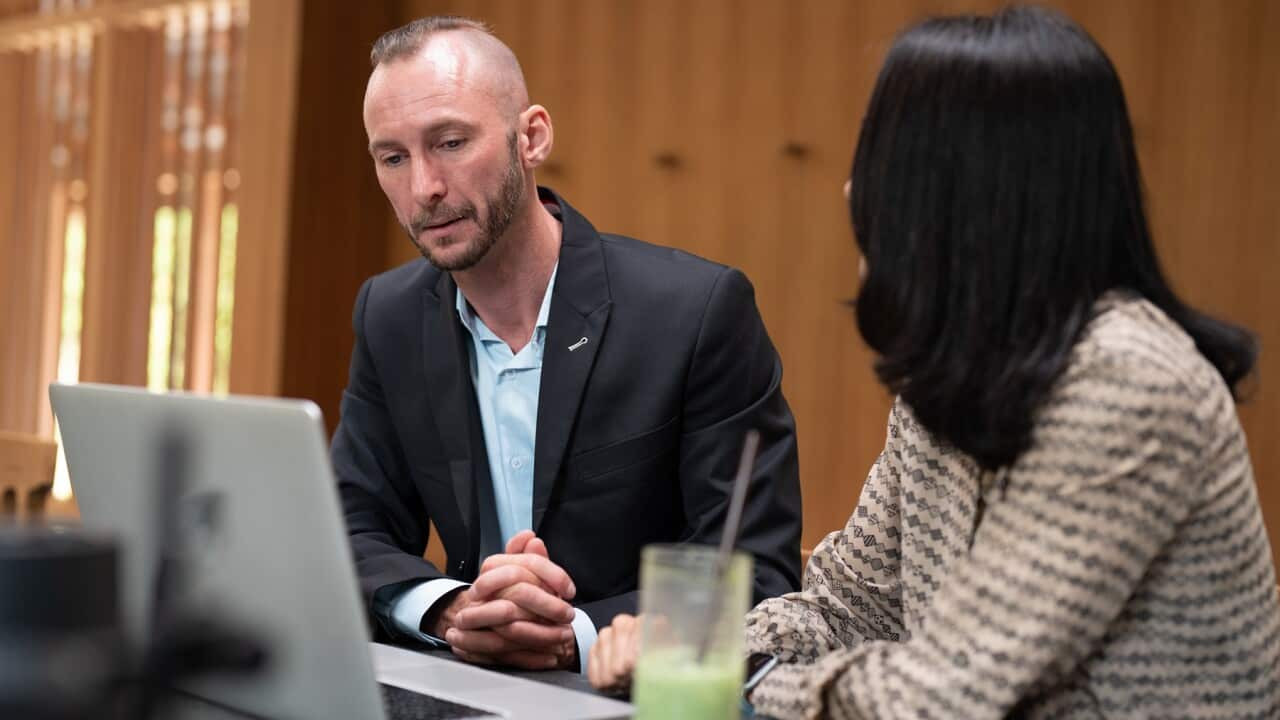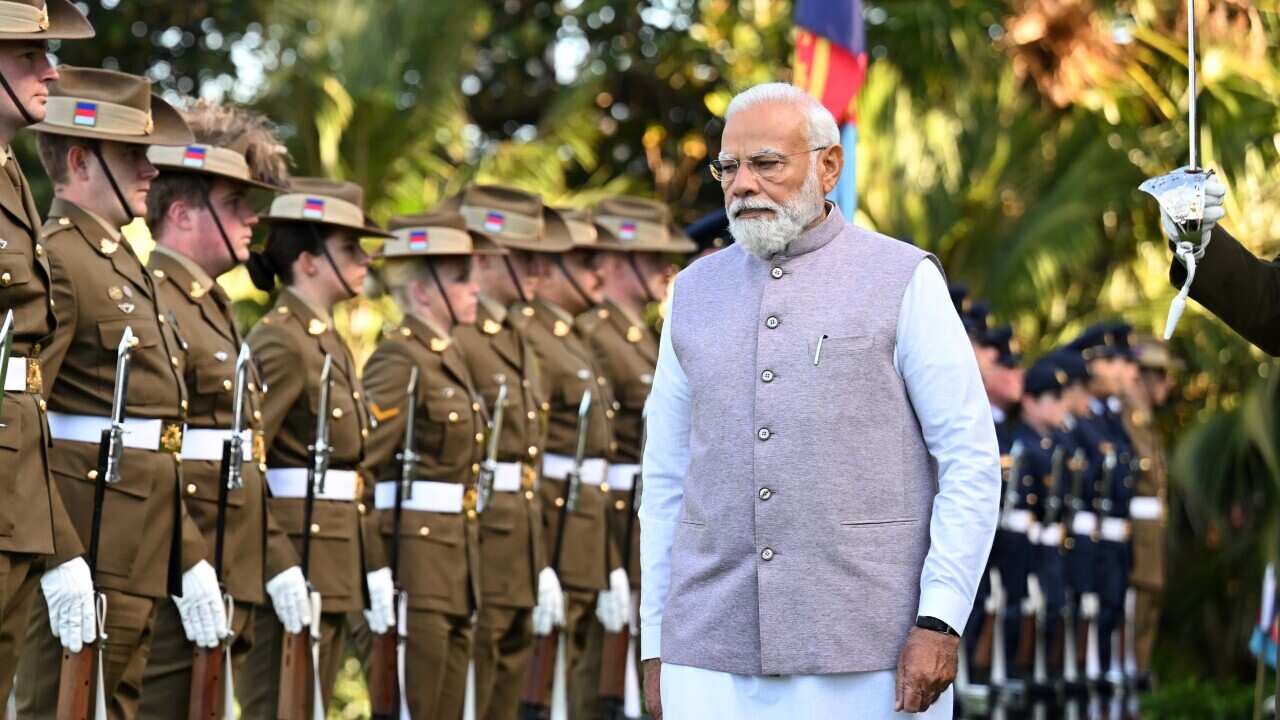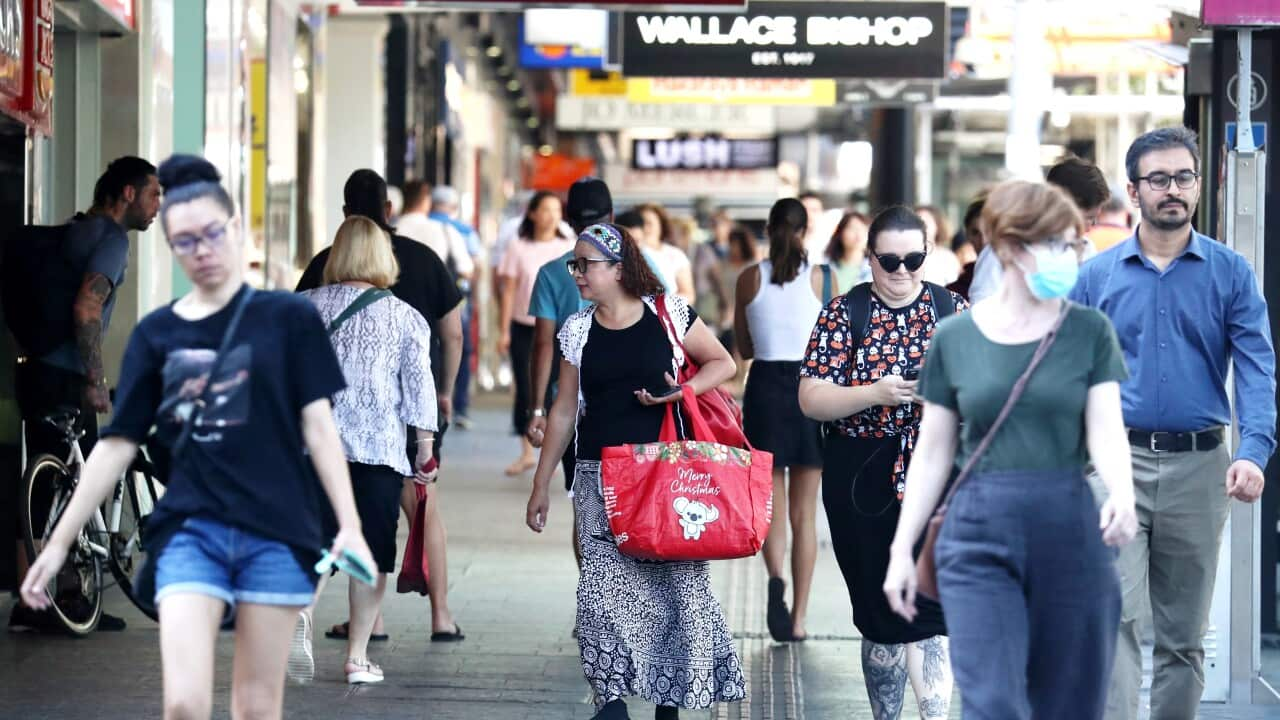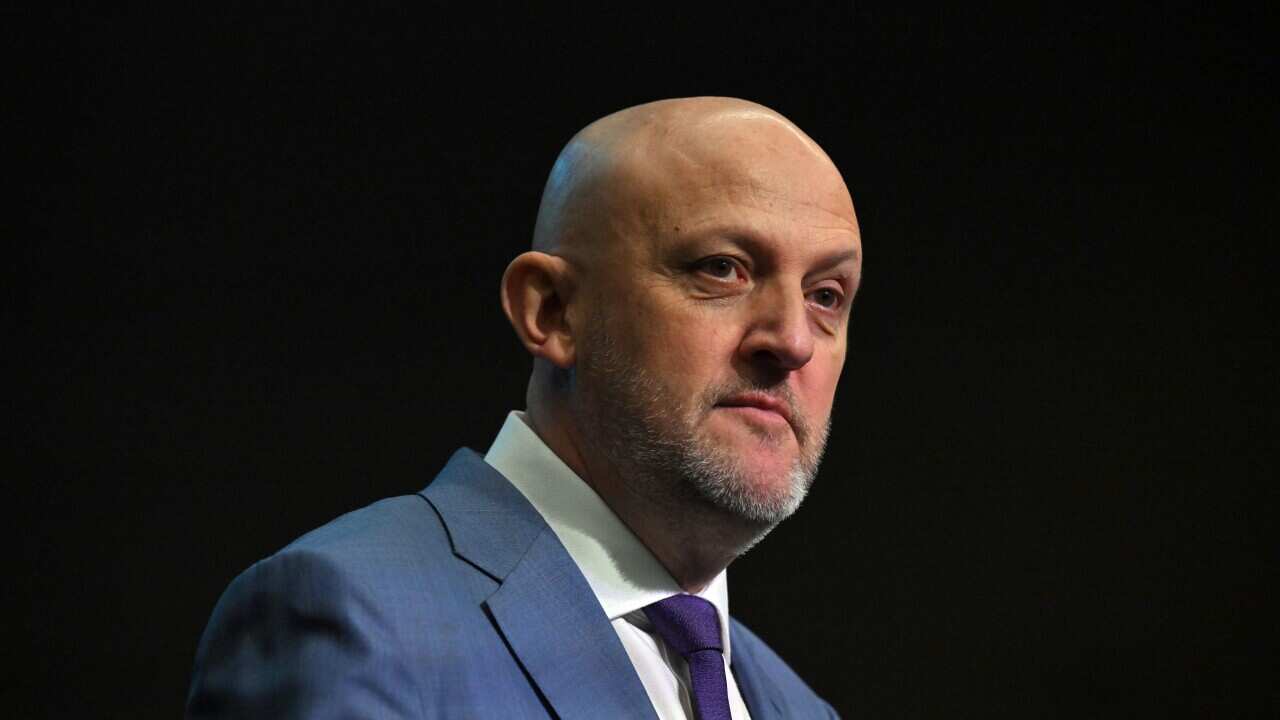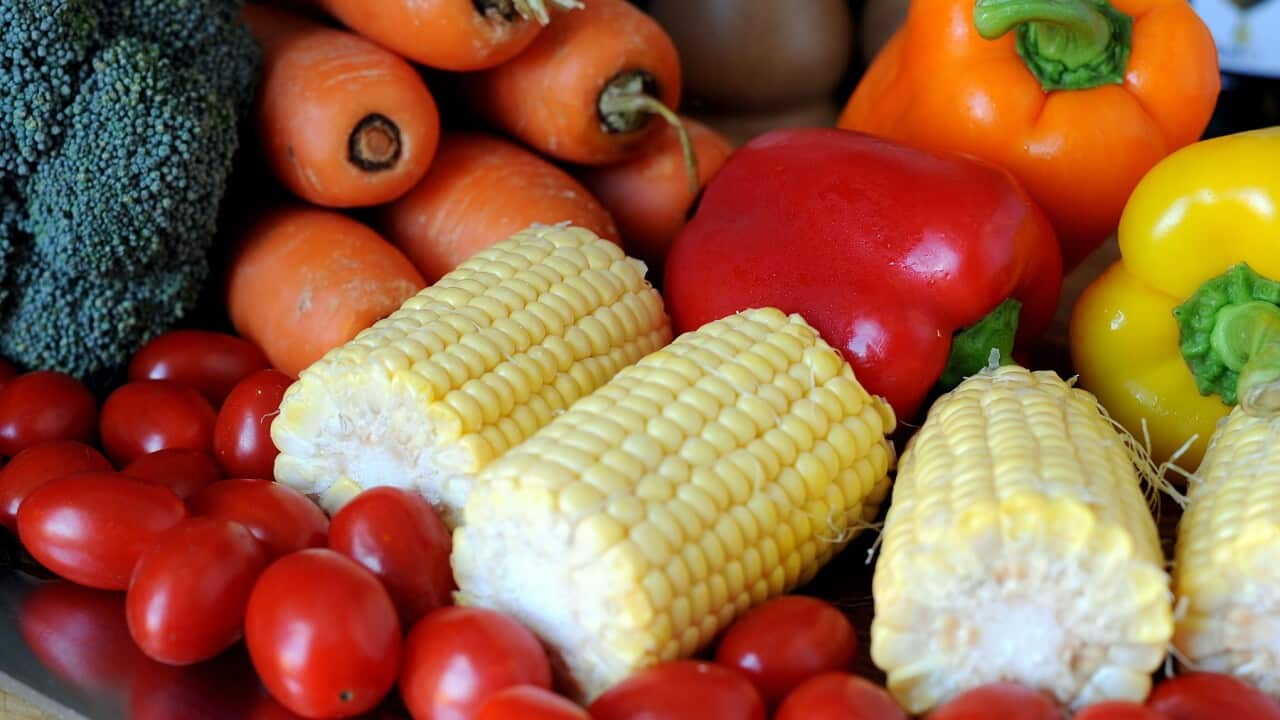TRANSCRIPT
Over 12 months, 13 women as part of the Women's Economic Equality Taskforce collected feedback from thousands of women and advocates around the country to develop a 10-year plan to harness the full potential of women as contributors to Australia's economy.
The chair of the advisory group, Sam Mostyn, says there were key themes that emerged from the conversations.
“And we heard the same thing over and over. It was that women are exhausted at having to make this argument to be considered an essential part of our economy. We're 50 per cent of this economy and of this community. And yet we're the last to be thought of when it comes to our impact on the economy, more generally. And it is for that reason that policies that are designed in the general, don't pick up the specific issues for women.”
She says the way the economy was structured around the idea of the male breadwinner after World War Two is now outdated - and it is resulting in a number of negative outcomes for women today, while also costing the Australian economy $128 billion dollars [[in higher GDP each year on average]].
“The data shows over and over that inequality for women is prevalent and persistent. And it impacts a woman's public and private experience across the entirety of her lifetime... The most likely person to end up in homelessness and in poverty in Australia today is a woman over 60. So homelessness comes about - and a degree of poverty comes about - because of the system that delivers a woman to that stage of her life. Despite the fact that she's probably done most of the caring, either paid or unpaid for her family and her community. We saw that through COVID. Or she's given up an opportunity to use her education over the course of her life; and paid the parenthood penalty or the motherhood penalty as it has been to date; and the economy suffers as a result.”
She says the global comparison is not flattering.
Women do 80 per cent of the caring roles in this country, men have 75 per cent of the high paying roles that use their education to the fullest. That level of segmentation is some of the worst in the world. So work has to change. We have the highest levels of education in the world for women. The World Economic Forum has held us at the number one spot for over 20 years. But when it comes to the use of that education, for for a productive part of the economy, we fall catastrophically... All our policies seem to me to be have been designed previously on the idea of a post-war design of a family that had a primary breadwinner that was a man and a woman that when she had children with that man, typically it was a man, that then she would do the caring; and that her income was forever dependent on his income. We don't live in that world anymore.”
The report has more stark data: on average, an Australian woman earns $1 million less than an Australian man across her career. If the current trends continue, it is projected that the average 25-year-old woman today, who has at least one child, can expect to earn $2 million less over lifetime than the average 25-year-old man who becomes a father.
Federal Minister for Women Katy Gallagher says the report's findings are not entirely surprising - and that's why she asked for the work to be done, to help inform a national strategy to achieve gender equality - to be finalised later this year.
“A little girl born today by the time she goes to primary school isn't thinking that there's boys and girls jobs but there are jobs that everybody can do. And for the 25-year-old, young woman who is facing earning less or $2 million less than a 25-year-old man, if she chooses to have a baby and then return to work - that we make a difference for them. And for the older women who are retiring with less money for retirement savings, less assets, that we are supporting them as well. So this is really important report. It's not just a women's report. It's a report for economic equality. It's very about driving productivity across the economy.”
The 82-page report makes seven recommendations aimed at ensuring women do not end up homeless in their later years due to the pay gap - and how that is compounded by tax and superannuation settings.
Ideas in the report include: doubling the length of paid parental leave from 26 weeks to 52 weeks, elevating the status of care work by agreeing to fund the outcome of Fair Work Commission cases, and removing the 'activity test' applied to families accessing childcare subsidies.
The test requires both parents to be working to access childcare subsidies.
The report also recommends a long-term move towards a universal childcare system, where early childhood education is easily accessed, high quality and free.
Minister Gallagher says she will carefully consider all the report recommendations, adding that any move to expand paid parental leave to 52 weeks would depend on finding room in the budget.
“Those decisions haven't been taken yet. It's before government. I'm just not in a position to confirm or deny. But we have the report, it's very much in line I think with the direction the government wants to head; and so we're looking at all of them seriously.”
Greens senator Larissa Waters says the government needs to do better.
“We are still hearing the government cry poor, at the same time as giving out $313 billion of tax cuts to the very wealthy. Two out of three of those are men. And wasting billions and billions on things like nuclear submarines.”
Jessica Rudd is the chief executive of parent advocacy group The Parenthood.
She says there is an urgent need to invest more in early childhood education and care.
“Parents that we talk to at The Parenthood are telling us all the time that they're struggling to pay for groceries for fuel, for utilities, for housing. And a big part of that is that they need those two incomes in order to pay for life. They really do this. This is a 20th century view of the world that somehow early childhood education and care comes down to a couple of women at the top of the working ladder who might occasionally need to lean on some backup. This is now an essential service - and it's got to be viewed like that.”
The report also calls for investment a community attitudes program to be rolled out over the next few years, after the finding that 30 per cent of Australian men don't think gender inequality exists.
Ms Mostyn says it would be a mistake to view this women's economic participation only as a women's issue, adding that it is about building a better society for all.
And it has to be one that really lands with communities to understand that gender equality is not just about women. It's about creating communities where everyone is equal, everyone can prosper. And when we get rid of these old fashioned notions of a segregated world. Women have taken that brunt in this country for decades and decades. And it was quite clear in our work that if we don't we don't deal with those attitudinal issues. We'll continue to see high levels of violence and disrespect the gender pay gap not being dealt with. So all of these things work together.”
A separate framework is being developed for First Nations women, drawing on their lived experience.
